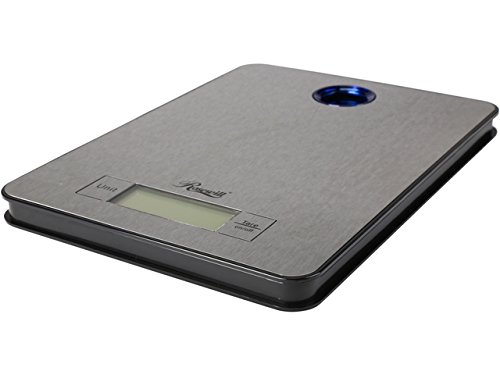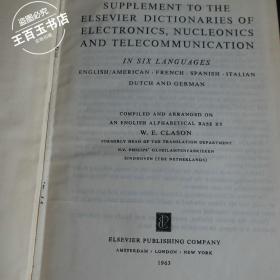随着科技的进步,电子词典日益普及,但传统印刷词典是否会被取代成为了一个热议的话题。电子词典具有便捷性、实时更新等优点,但也存在依赖电力、阅读体验可能不如纸质书籍等缺点。尽管电子词典在特定场合有其优势,但传统印刷词典仍具有不可替代的地位。电子词典与传统印刷词典各有优劣,未来两者将共存发展,电子词典不能完全取代传统印刷词典。
In recent years, the rise of technology has transformed the way people learn and interact with information. Electronic dictionaries are becoming increasingly prevalent as a result of this digital revolution. However, the question remains whether these electronic tools will completely replace traditional print dictionaries. To address this question, it is important to consider both the advantages and disadvantages of electronic dictionaries, as well as the impact they have on learning and language usage.
Firstly, it is evident that electronic dictionaries offer numerous advantages that make them a convenient and practical choice for many users. One of the most significant advantages is the convenience of having a vast amount of information available at your fingertips. Electronic dictionaries can store thousands of words, phrases, and definitions, providing instant access to a wide range of information. Additionally, many electronic dictionaries come with advanced features such as voice recognition, which allows users to speak a word or phrase and receive an instant translation or definition. This hands-free capability is particularly useful for people on the go or who need quick access to information while performing other tasks.
Moreover, electronic dictionaries are often updated regularly, ensuring that users have access to the latest words, phrases, and definitions. This is particularly beneficial for learners who are constantly looking to expand their vocabulary and need to keep up with the latest language trends and developments. Furthermore, many electronic dictionaries come with additional learning tools such as grammar checkers, which aid in identifying errors in writing and provide suggestions for improvement.
However, despite the numerous advantages of electronic dictionaries, there are several reasons why print dictionaries will continue to have a place in learning and language usage. One of the main reasons is the portability and accessibility of print dictionaries. While electronic dictionaries require a device such as a smartphone, tablet, or laptop to access, print dictionaries are lightweight and easy to carry around. This makes them ideal for use in situations where access to technology may be limited, such as during exams or when traveling.
Additionally, print dictionaries provide a tangible and physical experience that cannot be replicated by electronic devices. The feel of flipping through pages, browsing through different sections, and finding words through indexes provides a different level of satisfaction and engagement for many learners. Moreover, print dictionaries often come with additional features such as illustrations or examples that aid in understanding certain words or phrases better.
Moreover, for some learners, the act of writing down words in a traditional dictionary aids in their retention and understanding. The process of writing down new words and their definitions provides an opportunity for reflection and deep processing, which is crucial for effective learning. Electronic dictionaries may provide instant access to information, but this does not necessarily lead to better retention or understanding.
In conclusion, it is evident that electronic dictionaries have revolutionized the way people learn languages and access information. However, it is unlikely that they will completely replace print dictionaries. Both electronic and print dictionaries have their own unique advantages and disadvantages that cater to different learning styles and needs. While electronic dictionaries provide convenience and instant access to information, print dictionaries offer portability, accessibility, and a tangible learning experience that cannot be replicated by technology. Therefore, it is likely that both forms of dictionaries will continue to coexist and complement each other in the future.
In summary, the future of dictionaries lies in a blend of both electronic and print formats. While technology continues to advance and provide new ways of accessing information, the traditional print dictionary will remain a fixture in learning and language usage due to its portability, accessibility, and tangible learning experience. As learners continue to evolve and adapt to new technologies, it is important to recognize that different learning styles and needs require different tools and resources. Therefore, it is likely that both electronic and print dictionaries will continue to coexist as complementary resources in the future of learning.




 京公网安备11000000000001号
京公网安备11000000000001号 京ICP备11000001号
京ICP备11000001号
还没有评论,来说两句吧...